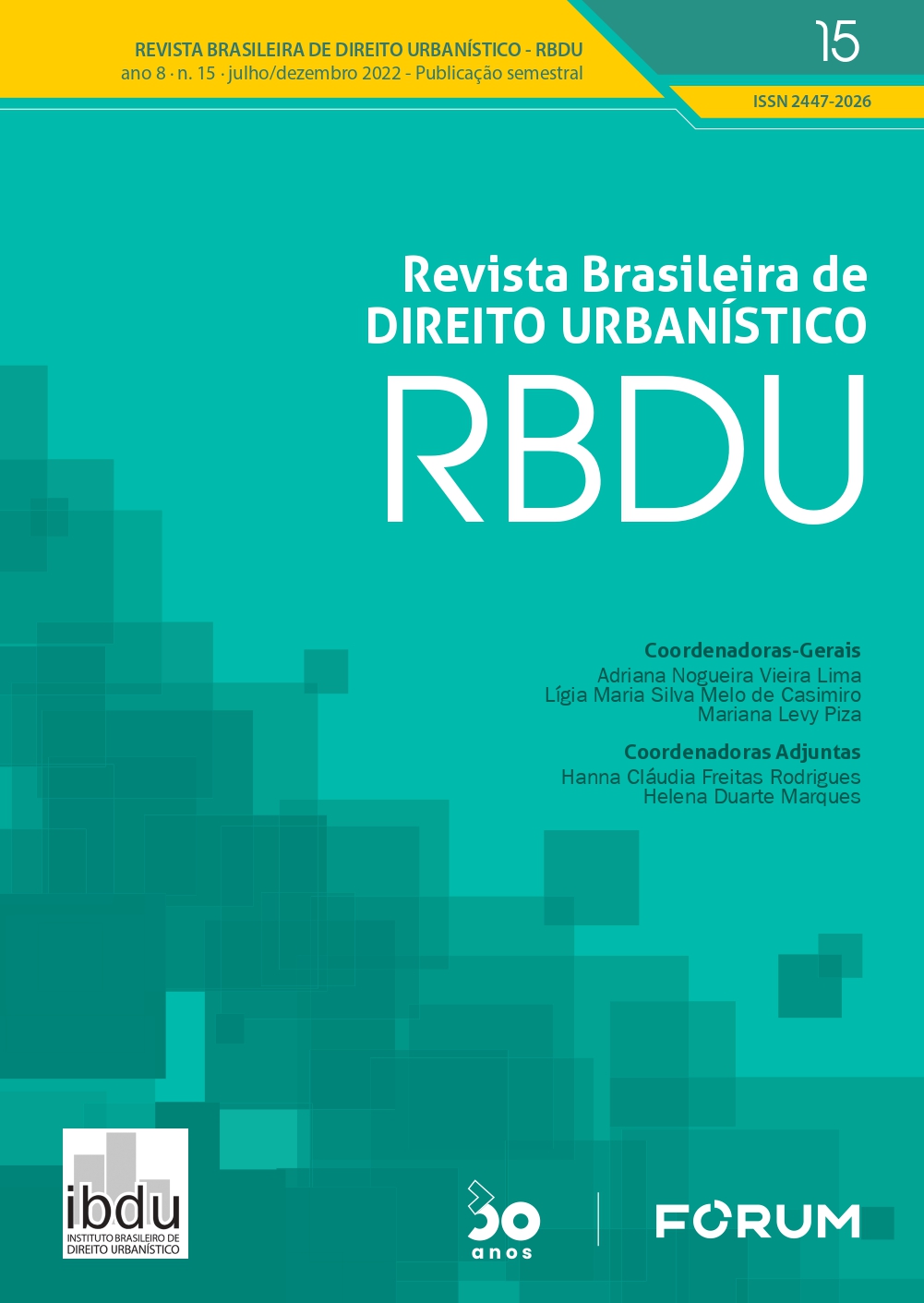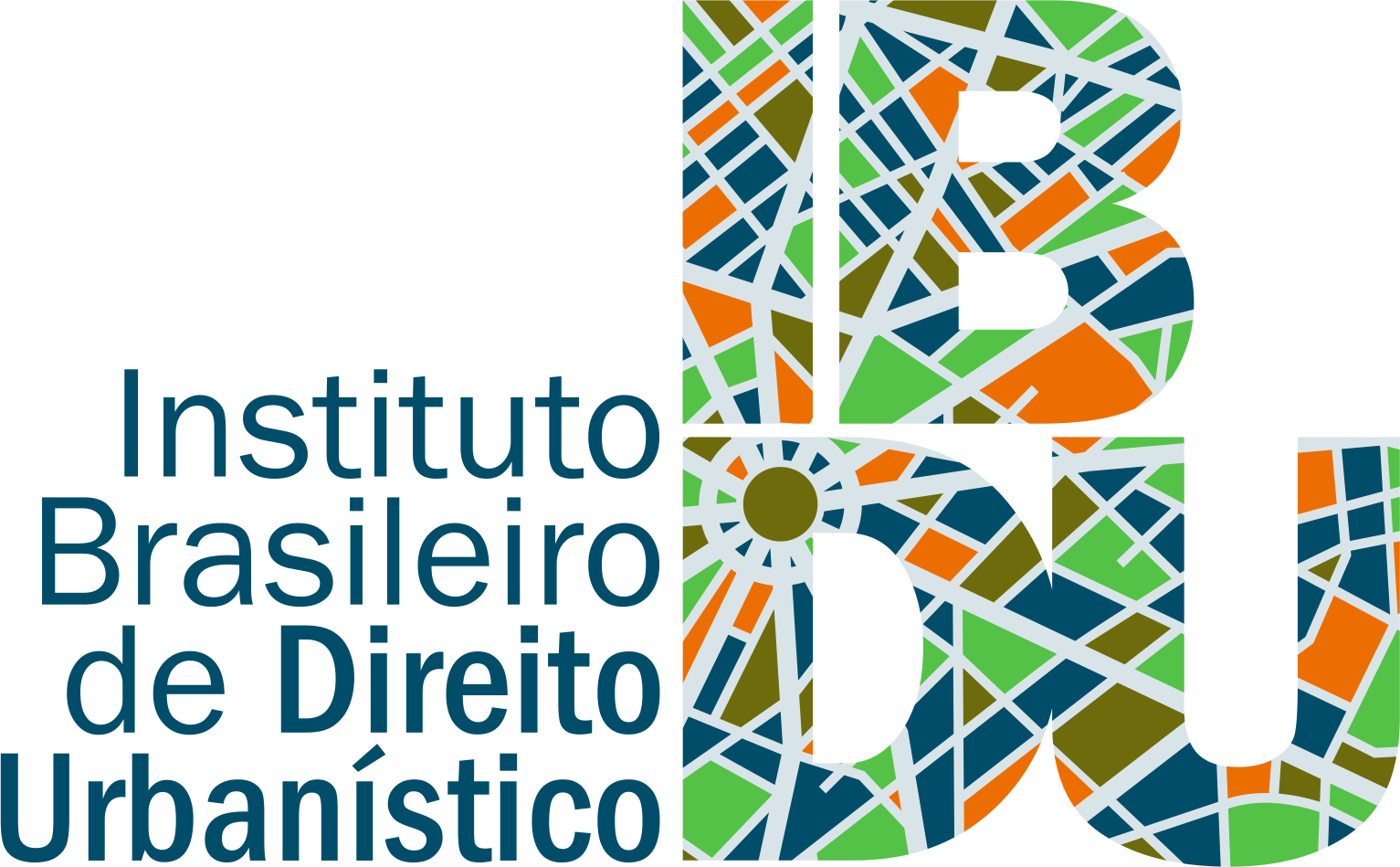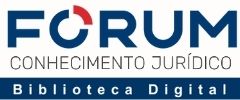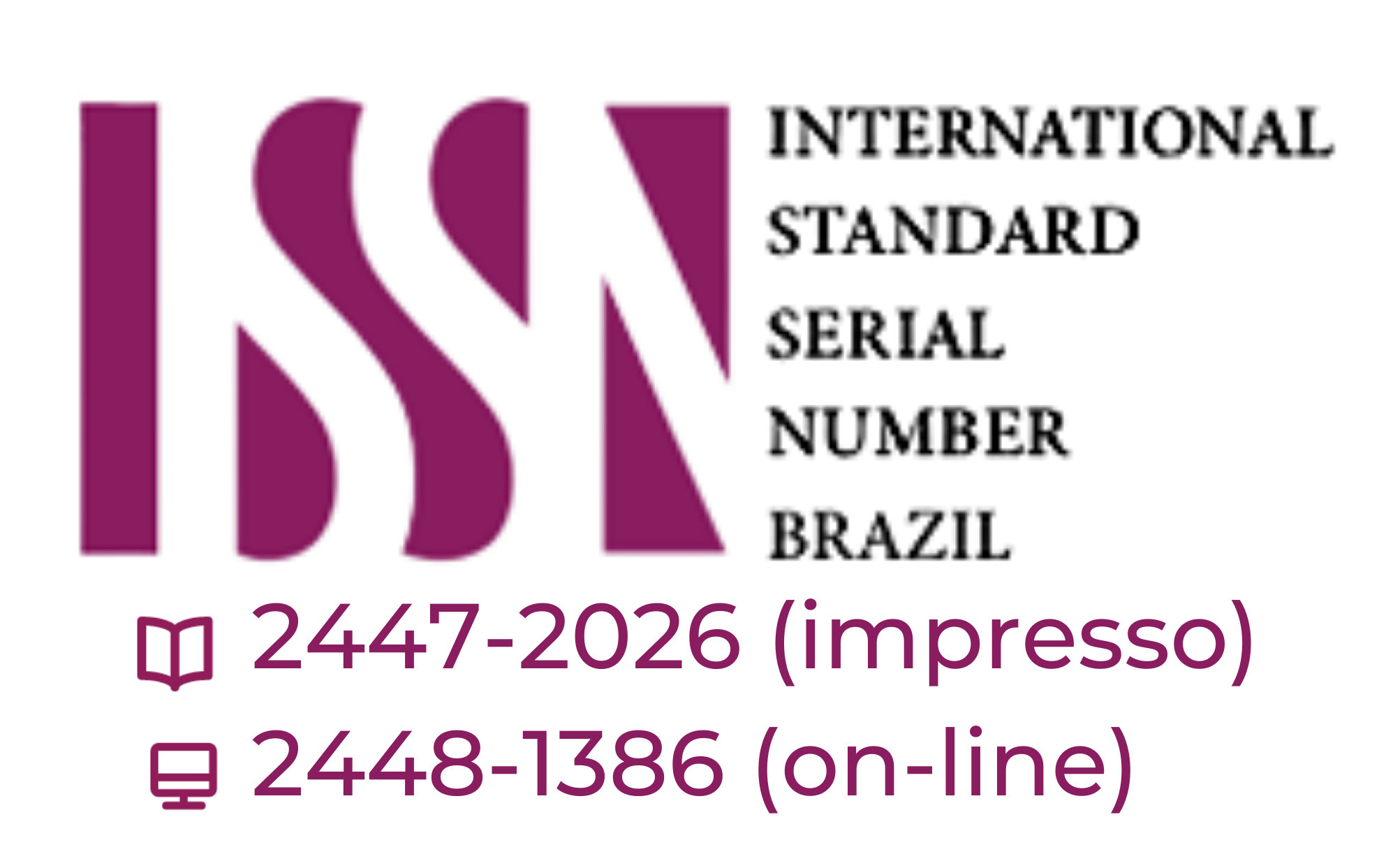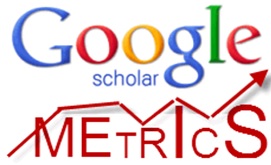El río y los derechos a la ciudad: el caso del río Monjas en Quito
DOI:
https://doi.org/10.55663/RBDU.v08.i15-ART02Keywords:
right to the city, Rivers as rights holders, Transformative LawAbstract
Every city in the world has settled around a river. Rivers have important functions for the human specie, such as providing us with water and food. However, rivers are now garbage dumps and polluted. Like river water, the safety and quality of life in cities is deteriorating. Law plays an important role in transforming rivers and cities. One innovative tool is the Right to the City. The Right to the City is a collective right that allows us to value and demand diverse, participatory, equitable and ecologically sustainable cities. The Constitutional Court of Ecuador, applying the Right to the City, has declared its violation by altering the flow and functions of a river and has found comprehensive and complex solutions to the problem of a polluted river, which bears the consequences of a poorly planned city.
Downloads
References
CARRERA, Jorge. Andrade, Obra Poética Completa, Quito, Casa de la Cultura Ecuatoriana, 1976, pp. 154-155.
CARRIÓN, Fernando, y Manuel DAMMERT-GUARDIA. “El derecho a la Ciudad: una aproximación”, en Fernando Carrión y Manuel Dammert-Guardia. Derecho a la ciudad: una evocación de las transformaciones urbanas en América Latina (Lima: IFEA, Clacso, Flacso-Ecuador, 2019).
CORTE CONSTITUICIONAL DEL ECUADOR. Sentencia N. 2167-21-EP/21, 19 de enero de 2022. HARVEY, David. Ciudades rebeldes. Del derecho de la ciudad a la revolución urbana (Madrid: Akal, 2013).
ONU HABITAT. La Nueva Agenda Urbana. Kenia: Programa de las Naciones Unidas para los Asentamiento Humanos, 2016.
Downloads
Published
How to Cite
Issue
Section
License
Copyright (c) 2023 Revista Brasileira de Direito Urbanístico | RBDU

This work is licensed under a Creative Commons Attribution-NonCommercial-NoDerivatives 4.0 International License.
Este periódico é licenciado por Creative Commons (CC-NC-ND-4.0 Internacional). A submissão e a publicação de artigos são gratuitos; Trabalhos avaliados por pares duplas cegas; o periódico utiliza o CrossCheck (antiplágio); e cumpre com o Guia dos Editores da COPE - Committee on Publication Ethics, além das recomendações Elsevier e SciELO. Veja os Termos da Licença Pública Creative Commons Atribuição-NãoComercial-SemDerivações 4.0 Internacional
